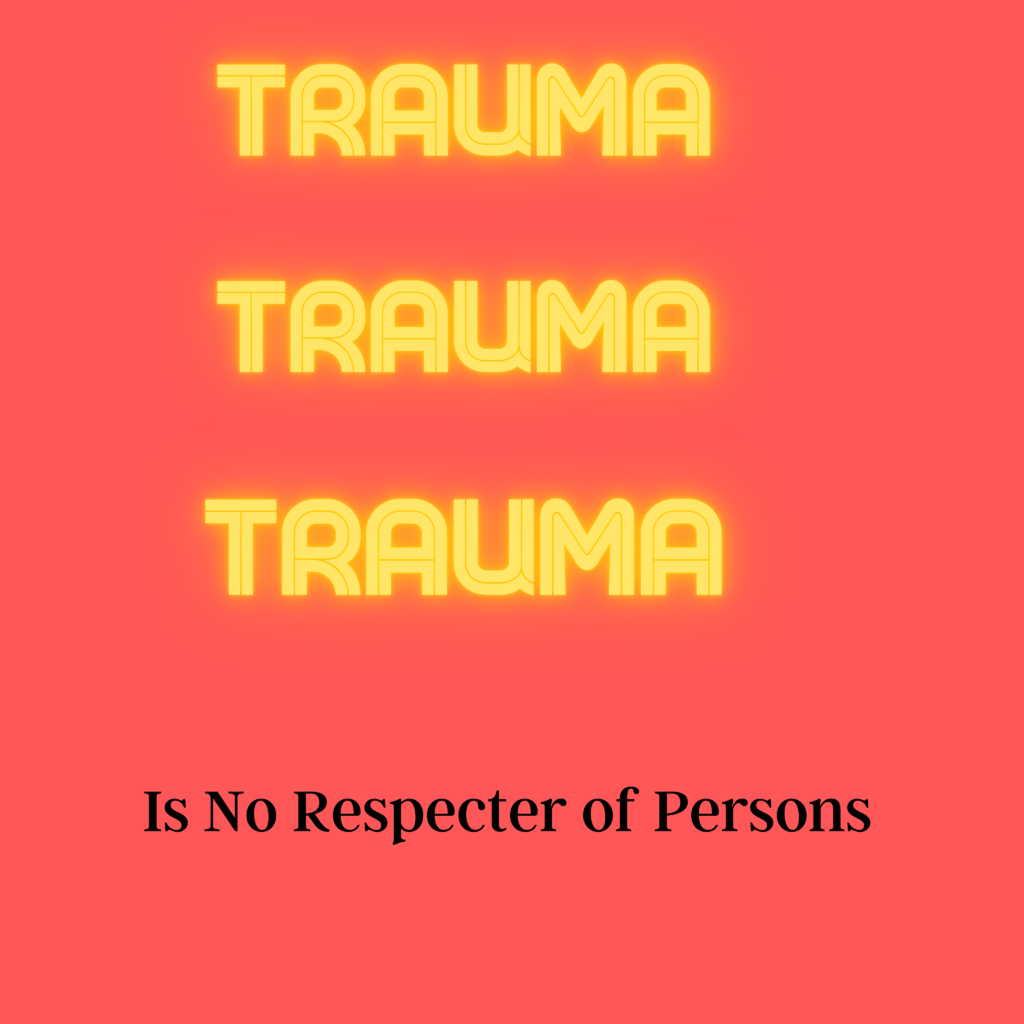‘There is Fear in the Air’ Series
I work with patients after the effect of trauma. Some have injuries from traumatic accidents, some have the trauma of illness. I work on an Acute Care floor, so I do not see many trauma patients. I am prepared that one day I may have to help someone in an accident, so I have taken courses to train me. I am glad I get to be in the position to help others in a crisis situation.
I tend to freeze momentarily when I am in a position that involves the responsibility to care for someone who is severely in pain. Any caregiver who is truly honest will admit they feel some empathy in caring for someone else in pain.
How to Cope with the Fear of Having a Traumatic Accident
Coping with the Unexpected
Strokes are especially difficult for the patient and the family to accept. Even if they are older. The ability to be independent is taken away and that is a difficult life change to accept.

Accidents that leave victims altered either for a while or for the rest of their lives is a fearful thing.
Diseases that become chronic, tax emotions, strength, will, mind and physical ability can be unbearable because it seems they never will return to full health.
The emotional trauma in broken relationships, abuse, lifestyle changes are all too common and are devastating.
When it comes to trauma, there is no respecter of persons. Everyone is exposed to a type of trauma and can be overcome by the fear of it.
So how do we not just get through these times, but thrive beyond them?
The Mindset
- Accept all the support you are given. Find the support you need.
- Give yourself permission to grieve and then GRIEVE. Many people hold their grief back for many reasons: The fear of expressing it not being acceptable, denying that the trauma is real and if affects all involved, anger that it happened.
- Know that it takes time for each person to work through situations and the timetable is different for everyone.
- Search for what is keeping you from grieving. Accept the trauma, but do not let it control your life. You are more valuable than the set back.
- Keep doing active. Take time off work, if necessary, change living situations, if necessary, but do not give up and do nothing. That is not effective.
Medical Support
- There is an abundance of natural helps. Herbal preparations, oils, aroma therapies, homeopathic remedies, massages, chiropractic help, kinesiology, holistic therapies, MNRI, CST, MFR modalities that promote healing. There are emotional therapy modalities such as EFT and EMDR and neuro-feedback therapies. People benefit from YOGA and the martial arts. All of these modalities have a place in healing. Training for running, bicycle and other marathons. Sports are a great way to gain motivation, energy and a new mindset.
- For a short time, you may need pharmaceutical help to cope. But remember there are healing methods that are more effective for long term use that do not have side effects.
- Physical therapy and Occupational therapy have skills that cause proper healing and can enable the return to live a normal life. A very helpful source of healing is outpatient therapy. They work with giving medications, wound care, day surgeries, and more. There are many reasons to have outpatient therapy rather than long hospital stays.
Post-Traumatic Stress Disorder
There are many categories of trauma and each one will affect the person experiencing it differently according to age, past experiences, support available, and the coping skills they have. There can be single incidents that cause trauma. Being a victim of a particular crime would be an example of this. The experience could be repeated and prolonged giving no hope of ending. Abuse and neglect would fall into this category. There are more complex incidents of trauma in which there are many traumas inflicted at the same time. Wartime or car accidents are 2 examples of the latter.
There is no category that is worse than another. When a trauma happens to you, it is the worst thing you can go through, because it is happening to you. Be careful to be gentle and patient with others going through trauma incidents.
I have not even begun to list all the helpful support that is available and perhaps have missed some major significant ones. But know there are many supports in the world of health problems that your practitioner can help you find. Or – search the internet.
*Note: This is part of a series of ‘There’s fear in the Air’ that was started September 3, 2019. I have always been aware of the debilitating effect that trauma has on people.
